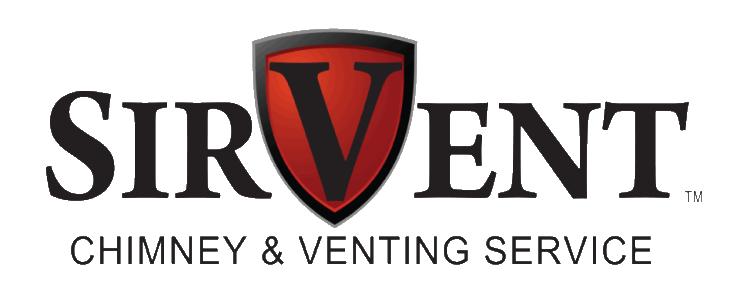Fireplace smells and chimney odor problems may be attributed to a variety of different things. Fireplace smells come from creosote deposits—a natural byproduct of burning wood—inside your chimney. The odors are usually worse in the summer when the humidity is high, on rainy days, and/or when your air conditioner is running. Our CSIA-certified chimney sweeps can help minimize your fireplace and chimney odors!
When in Doubt, Always Blame the Creosote
Creosote absorbs into the porous masonry construction inside your chimney, embedding the fireplace smell deep beyond the masonry’s surface. A chimney sweep will remove the surface buildup of creosote to limit the possibility of a chimney fire; however, the odors that have absorbed into the masonry itself will remain. So how can you keep the smell out of your house? The answer to this question should come as no surprise. A chimney sweeping will go a long way towards removing those unpleasant odors from your home!
You Could Be Dealing With Negative Pressure Problems
The real problem is air coming down the chimney, a symptom of overall pressure problems. Normally, as long as the draft is working correctly and there is no negative airflow in the home, the smells should remain in the chimney. In the event that negative airflow becomes a problem, the air brings the inner fireplace smells and chimney odors right along with it as it comes down your chimney. It is likely that your chimney is just the victim of a negative pressure problem. A quick solution to the negative air pressure is to crack a window at all times to let the pressure change through the window rather than the chimney.
Top-Sealing Dampers to the Rescue
For a more permanent approach to keeping the smell that’s exuding from your fireplace and chimney’s masonry in the chimney and away from your nose, you need to limit the amount of air that’s able to come down your chimney in the first place. Closing your throat damper is a good start, however, the metal-on-metal closure is far from airtight. A top-sealing damper can help to minimize the airflow and accompanying fireplace smells from coming down your chimney. In addition to limiting the airflow problems, the top-sealing damper will keep rainwater and moisture out as well.
There’s never a bad time to have your chimney inspected and cleaned (although the wait time for an appointment is greatly reduced during the non-peak times—spring and summer—of year). Keeping up with annual inspections and sweepings allows you and your family to enjoy the warmth and ambiance that your fireplace brings, without worry. The professionals at SirVent Chimney and Venting Service are available all year round to inspect and clean your chimney. Let us give you the peace of mind you’re looking for—call or click to schedule your sweeping today! Don’t allow these smells to become a problem for you. As soon as you first notice unpleasant odors coming from your fireplace, nip the problem in the bud.

